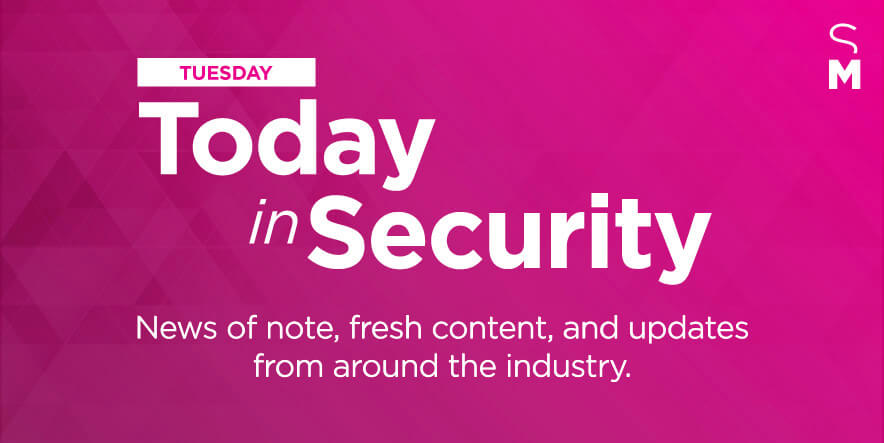California, New York City Mandate COVID-19 Vaccine for Government Workers
The U.S. state of California and New York City became the largest employers to require COVID-19 vaccinations on Monday.
California Governor Gavin Newsom announced that state employees and public and private healthcare workers in the state must be vaccinated or tested for COVID-19 at least weekly. The order goes into effect on 2 August and will impact 246,000 state employees and as many as 2 million healthcare workers.
In New York City, employees must be vaccinated by 13 September, a date selected to coincide with the nation’s largest school district convening in-person classes, or be tested for COVID-19 weekly. The order affects 340,000 city employees in all.
Mandatory vaccines? The V.A., New York City, and California roll out new vaccine mandates for government employees, health care workers @AthenaCNN reports https://t.co/yU1FWHwaqC
— The Lead CNN (@TheLeadCNN) July 26, 2021
The backdrop of these orders is the delta variant of COVID-19, which may be leading to a new surge of infections in the United States as well as several countries around the world. The U.S. Centers for Disease Control and Prevention (CDC) is expected to announce a new mask recommendation later Tuesday. The new policy will cite the risk of breakthrough infections—when vaccinated individuals contract COVID-19—and recommend that even vaccinated people in areas where COVID-19 is rising wear masks indoors. The guidance is expected to say the recommendation is to slow the spread of disease and to re-emphasize that vaccinated people are unlikely to experience severe or life-threatening COVID-19 complications.
The New York Times, however, points out at least some of the challenges of such orders:
Yet the logistical challenges of implementing these mandates or anything stronger became apparent quickly in New York City when several major unions representing city workers warned that the rules had to be collectively bargained.
“New York City is a union town and that cannot be ignored,” said Henry Garrido, the executive director of one of the unions, District Council 37, which has 150,000 members, the largest of any representing city employees.
The orders also did not specify how the testing for unvaccinated individuals would work—who would pay for the tests and how it would be enforced.
U.S. President Joe Biden has said it is not the federal government’s purview to issue nationwide vaccine mandates. Also yesterday, however, the U.S. Department of Veterans Affairs (VA) issued a vaccine mandate for its front-line healthcare workers. The order requires full vaccination within eight weeks and affects 115,000 workers. Unlike California and New York City, the VA did not offer an alternative to vaccination, such as weekly testing.
In its release on the policy, the VA recounted recent incidents: “VA has lost four employees to COVID-19—all of whom were unvaccinated. At least three of those employees died because of the increasingly prevalent delta variant. There has also been an outbreak among unvaccinated employees and trainees at a VA Law Enforcement Training Center, the third such outbreak during the pandemic.”
The American Nurses Association issued a statement Monday supporting healthcare employers that mandate vaccines for their healthcare employees, joining several other medical professional societies. Across the United States, dozens of hospitals and healthcare systems have announced vaccine mandates for their staffs—from Uvalde (Texas) Memorial Hospital and its 493 employees to Trinity Health’s 117,000 employees.
At least one system, RWJBarnabas Health in New Jersey, laid off supervisory staff who refused vaccinations.
One factor that may be affecting vaccine mandates is that the U.S. Food and Drug Administration has only approved COVID-19 vaccinations for emergency use. In general, guidance from the U.S. Equal Employment Opportunity Commission issued in May and June this year states that employers do have the authority to require COVID-19 vaccination:
The federal EEO laws do not prevent an employer from requiring all employees physically entering the workplace to be vaccinated for COVID-19, subject to the reasonable accommodation provisions of Title VII and the ADA and other EEO considerations… As with any employment policy, employers that have a vaccine requirement may need to respond to allegations that the requirement has a disparate impact on—or disproportionately excludes—employees based on their race, color, religion, sex, or national origin under Title VII (or age under the Age Discrimination in Employment Act (40+)).
This guidance could still be challenged in courts.
Overall, a smattering of employers outside the public and healthcare areas have announced vaccine mandates, including Saks department store in New York City, Delta Airlines for new hires, and the Broadway production of Hamliton.
